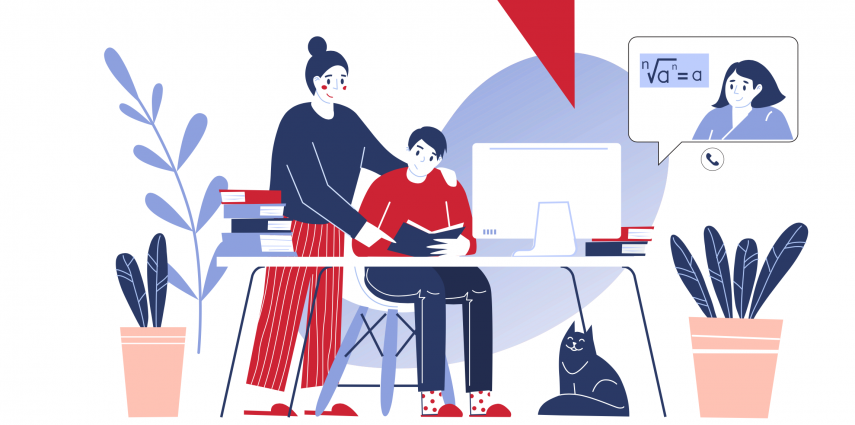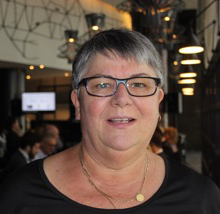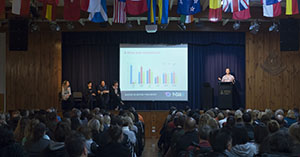Talking honestly with children about the current health crisis may help to reduce any anxiety they may be experiencing.
While the coronavirus pandemic threatens the physical health of people globally, it is also affecting our mental health.
This makes starting a conversation with children about the risks and possible consequences of COVID-19 without instilling panic a challenge.
The Australian Psychological Society says as the number of cases rises the level of anxiety within the community rises.
It advises families to keep things in perspective, limit related media exposure and seek facts from reliable sources such as the Australian Government’s health alert or the World Health Organization.
WHAT THE EXPERTS SAY
“Children will inevitably pick up on the concerns and anxiety of others, whether this be through listening and observing what is happening at home or at school,” the APS says.
“It is important that they can speak to you about their own concerns. Answer their questions. Do not be afraid to talk about the coronavirus with children.
“Providing opportunities to answer their questions in an honest and age-appropriate way can help reduce any anxiety they may be experiencing.”
RESOURCES
The Australian Government’s Department of Health has developed a collection of resources for the general public, health professionals and industry about coronavirus (COVID-19), including translated resources.
World Health Organization updates can be found here: https://bit.ly/3cQUwCw
DISCUSSING COVID-19 WITH CHILDREN
- Speak to them about coronavirus in a calm manner.
- Ask them what they already know about the virus so you can clarify any misunderstandings they may have.
- Let them know that it is normal to experience some anxiety when new and stressful situations arise.
- Give them a sense of control by explaining what they can do to stay safe (e.g., wash their hands regularly, stay away from people who are coughing or sneezing).
- Don’t overwhelm them with unnecessary information (e.g., death rates) as this can increase their anxiety.
- Reassure them that coronavirus is less common and severe in children compared to adults.
- Allow regular contact (e.g., by phone & video call) with people they may worry about, such as grandparents, to reassure them that they are ok.
Download this blog post as a free flyer here:




